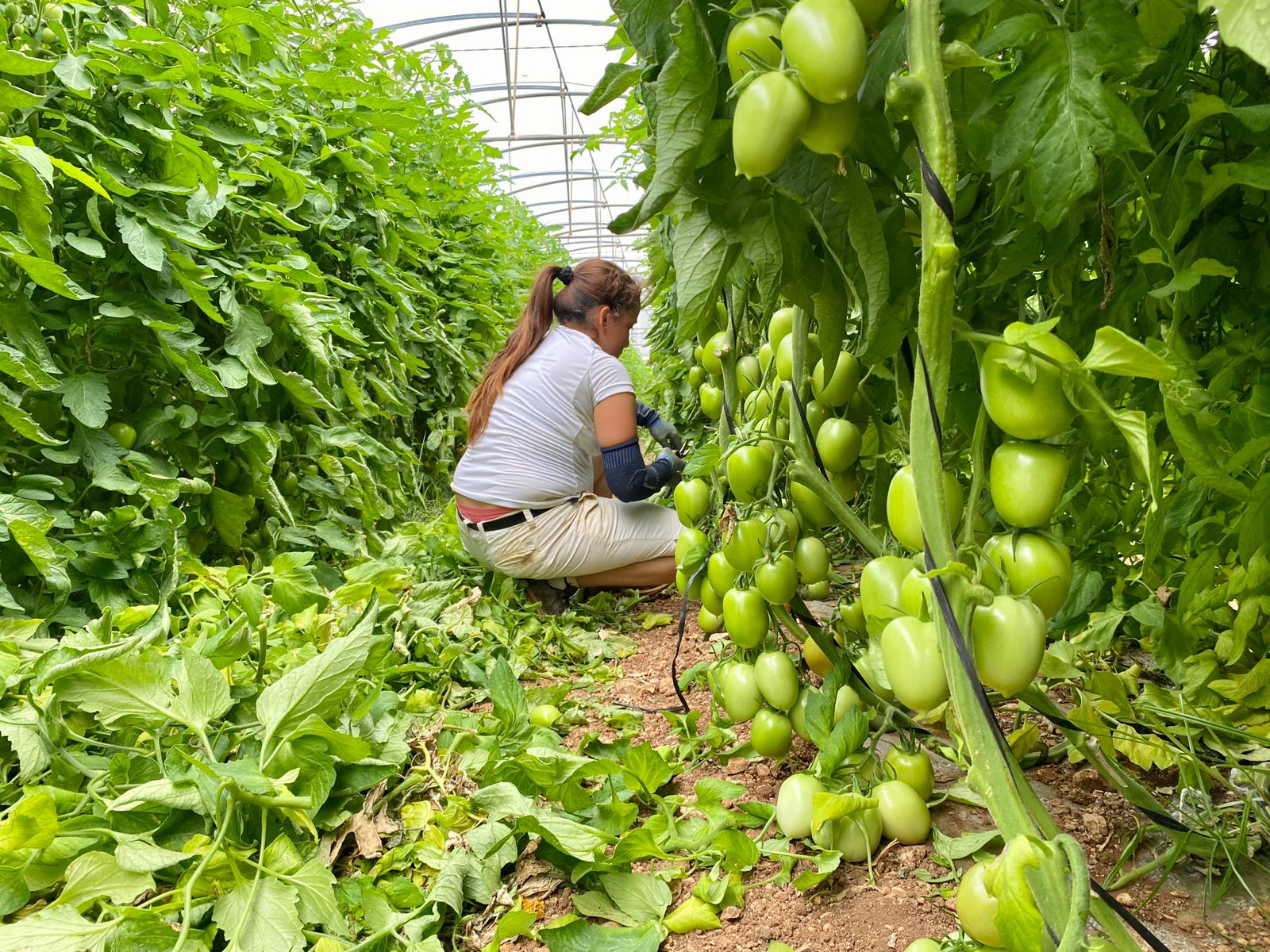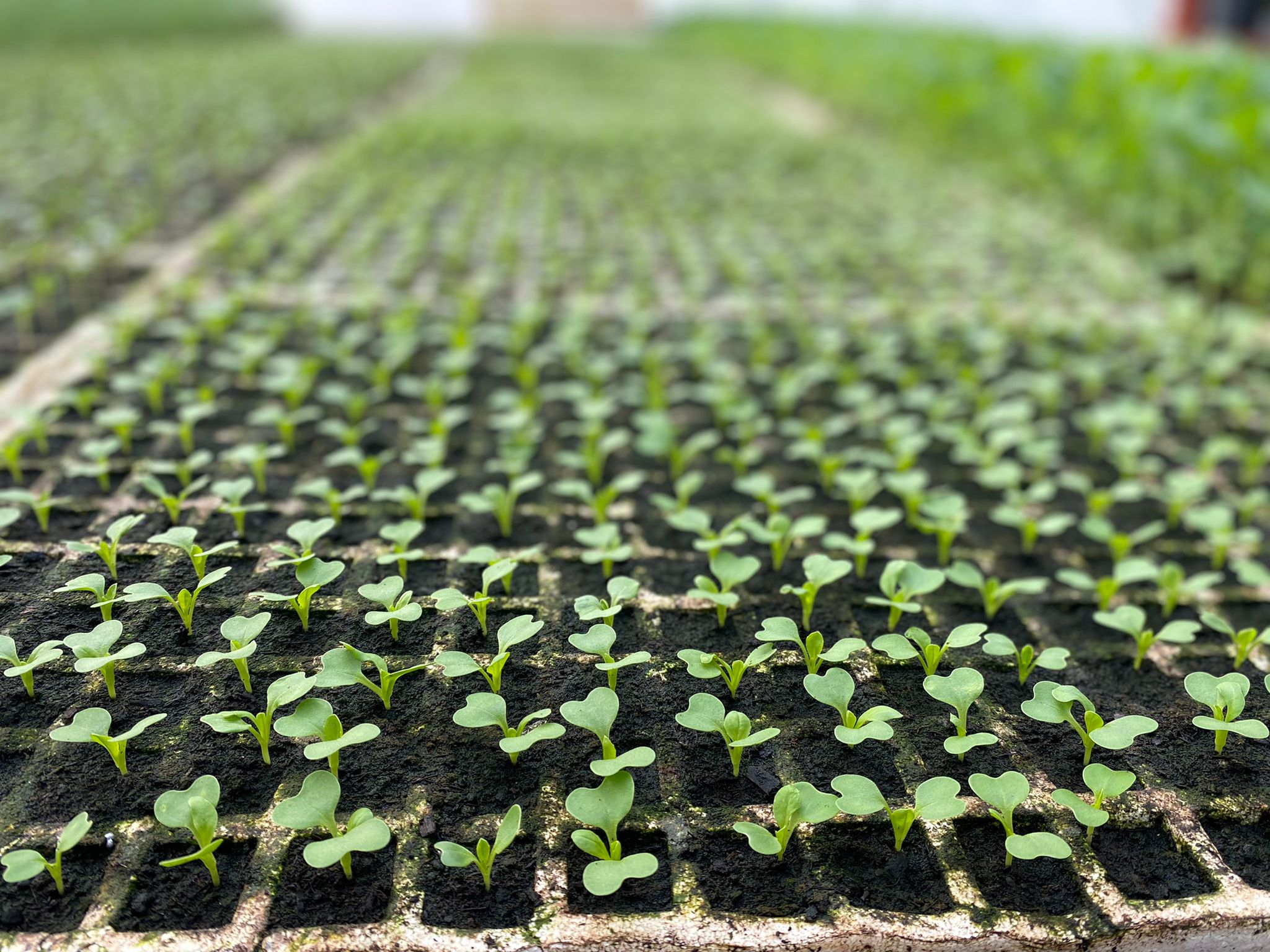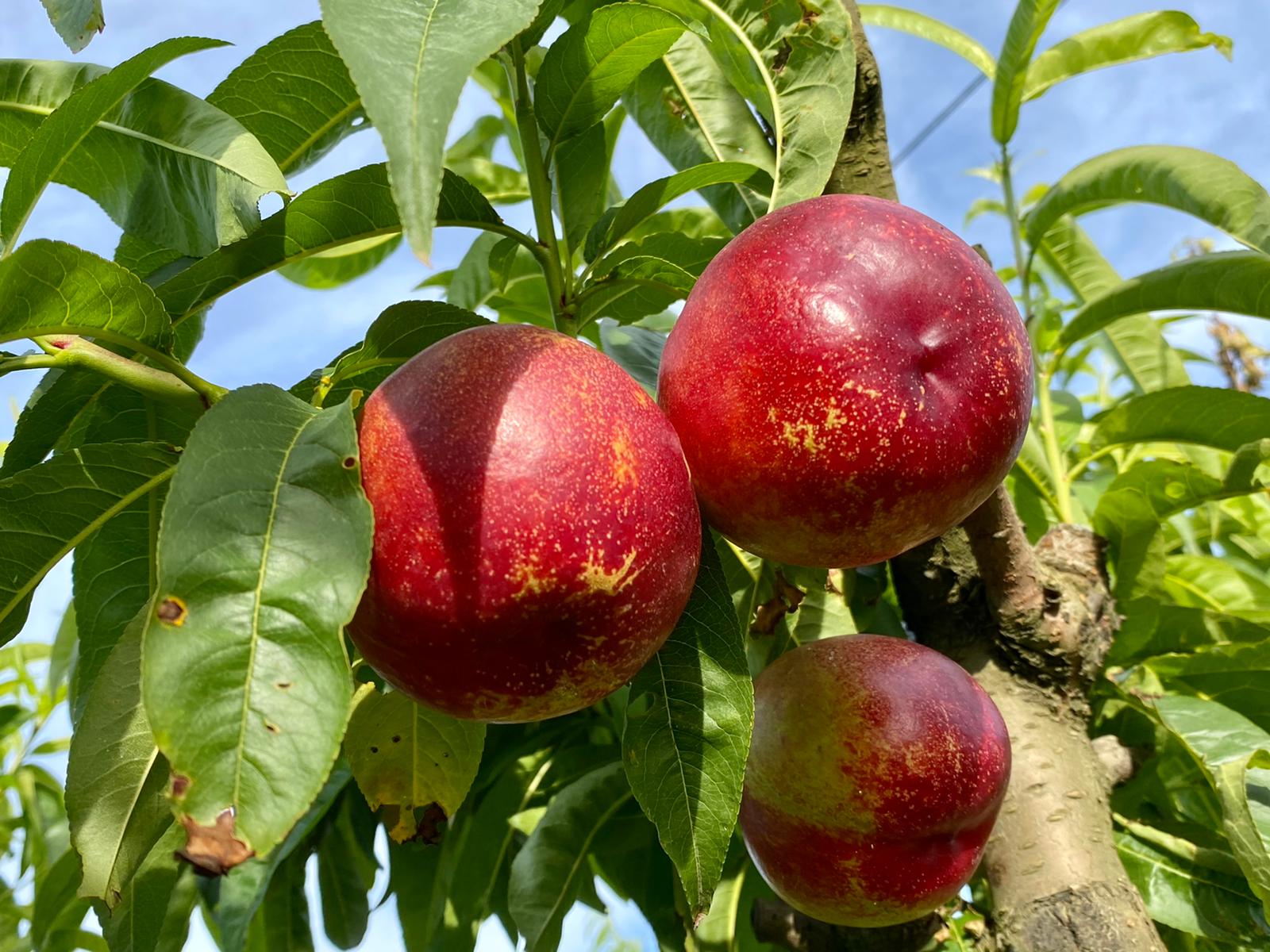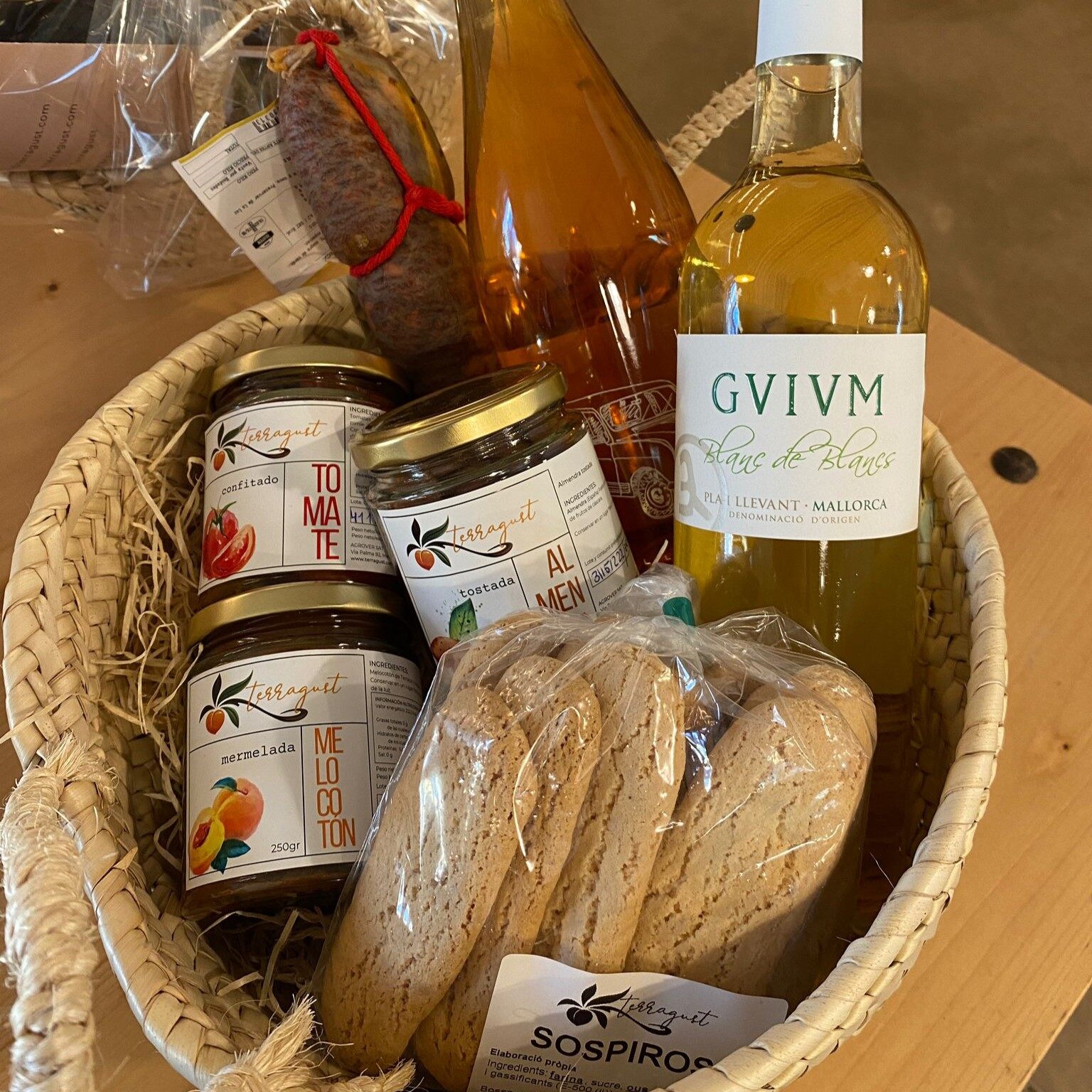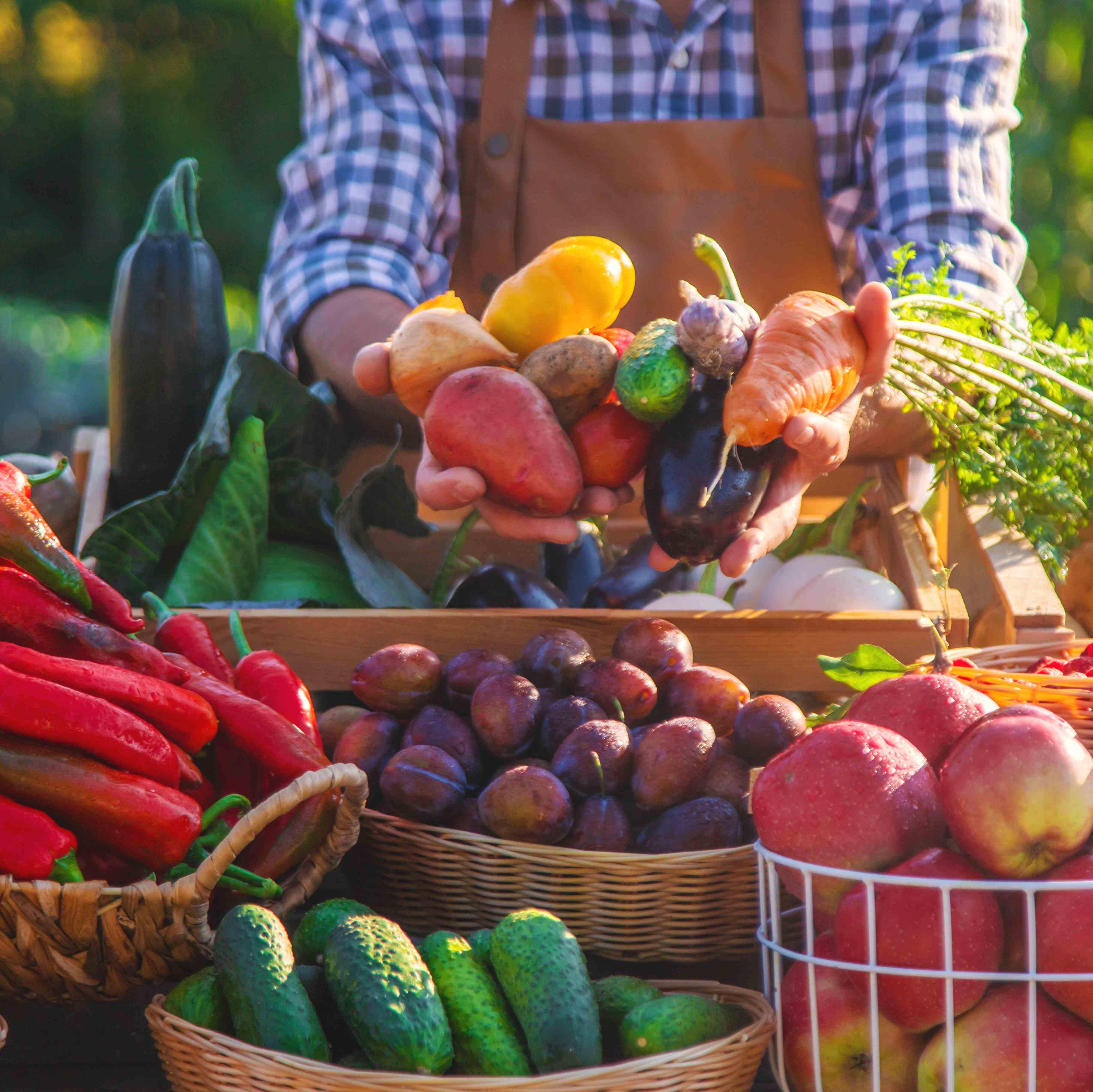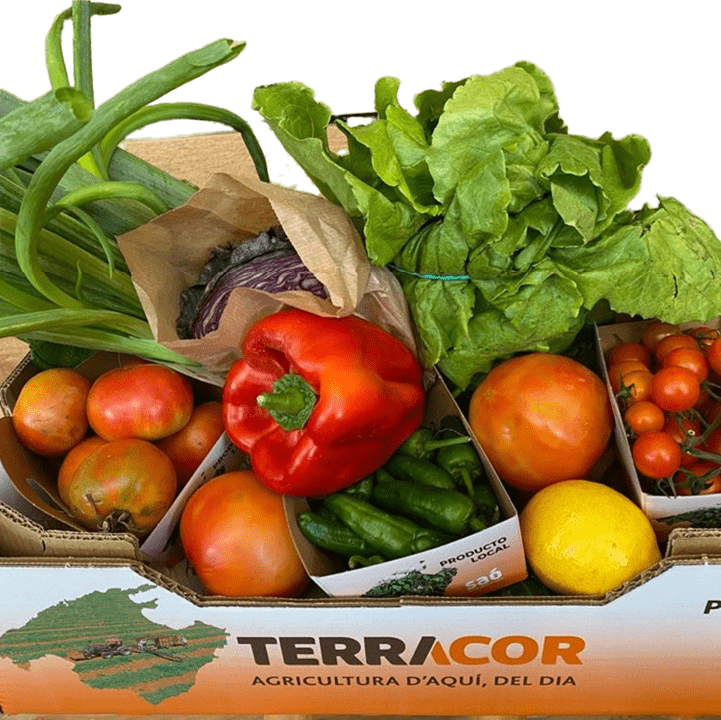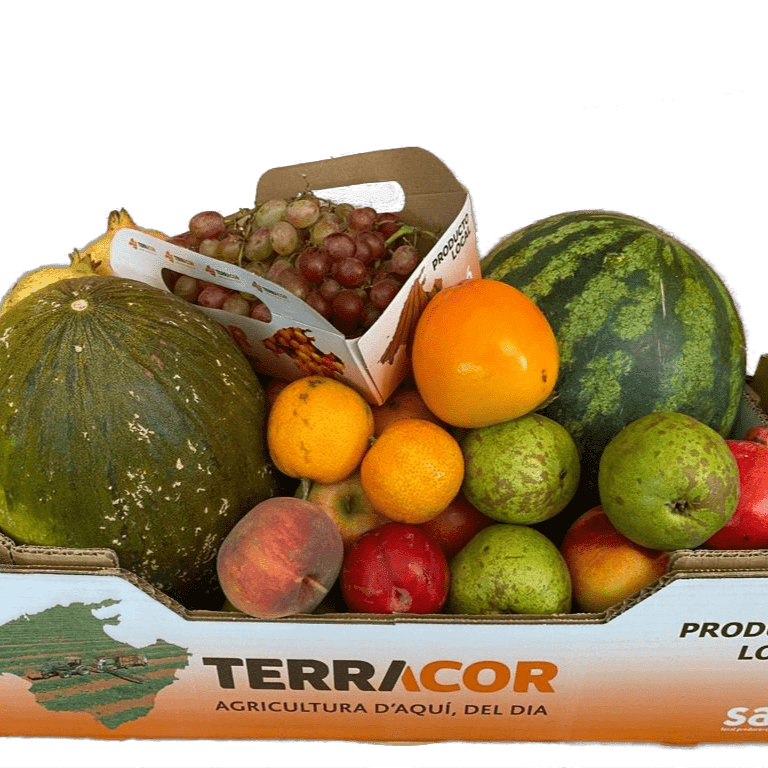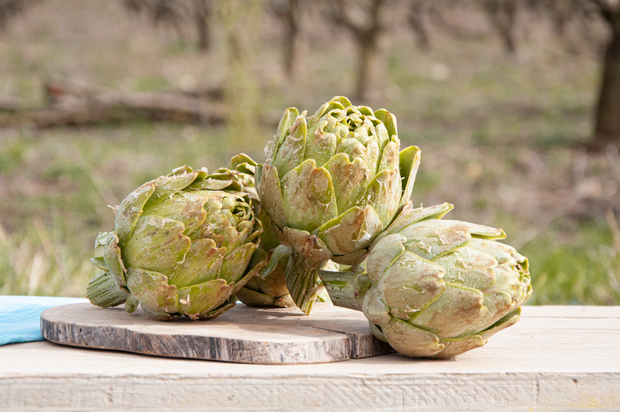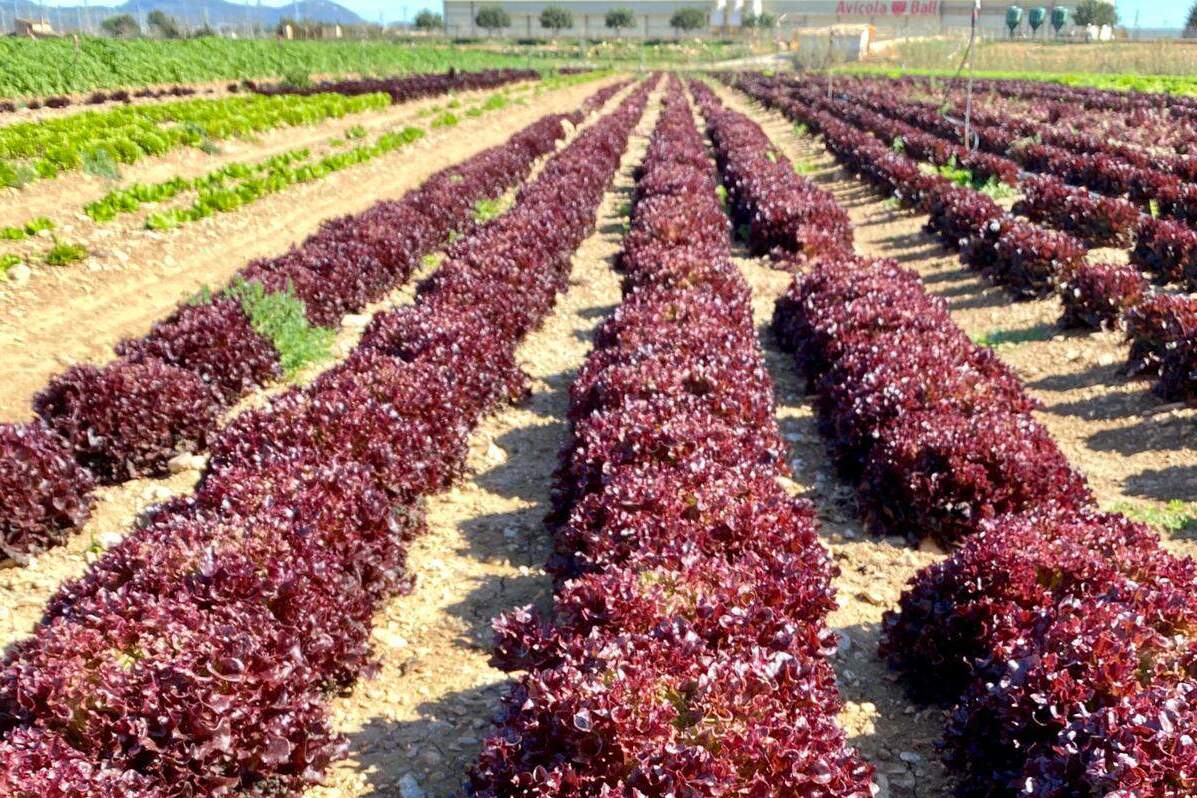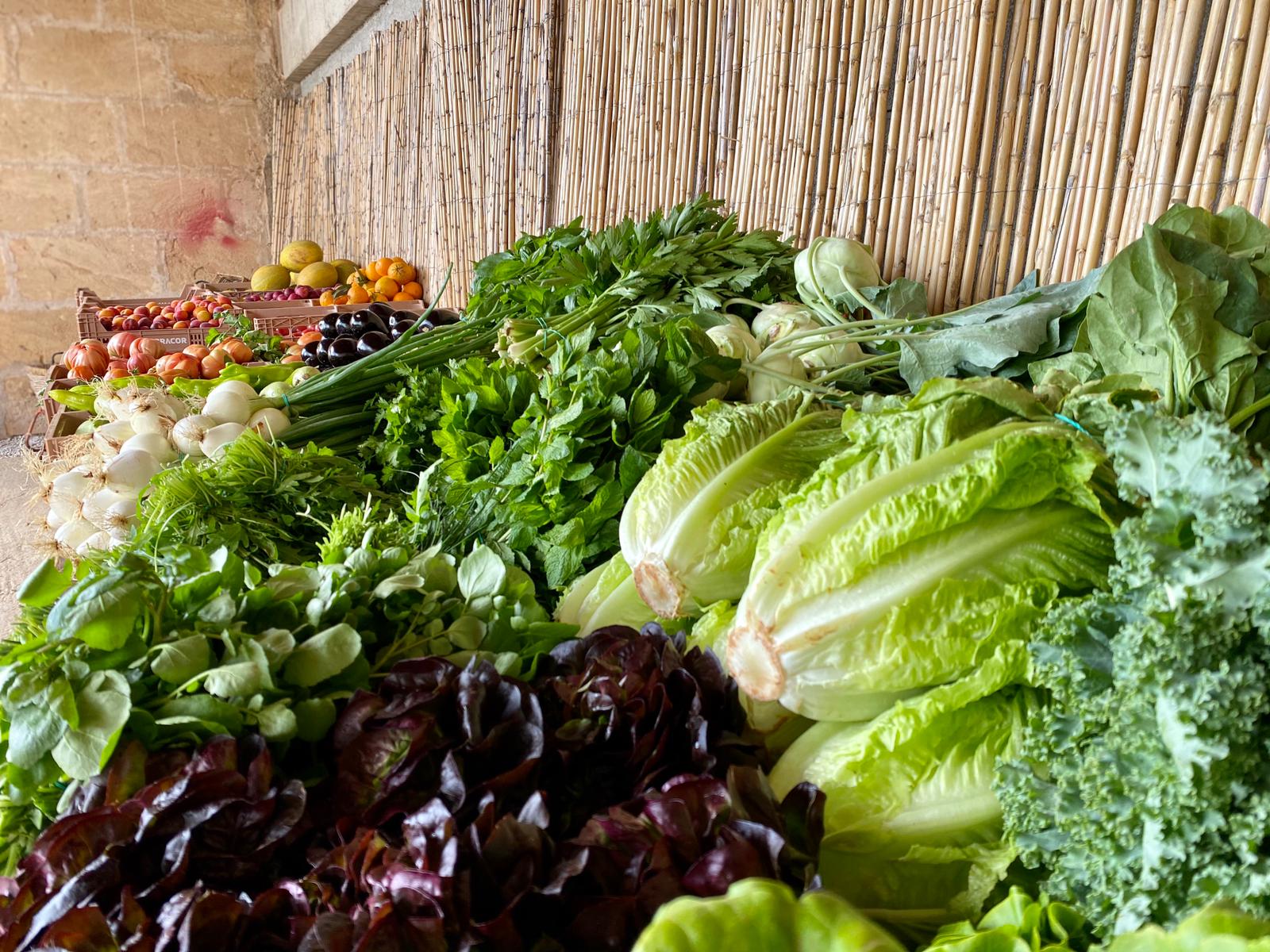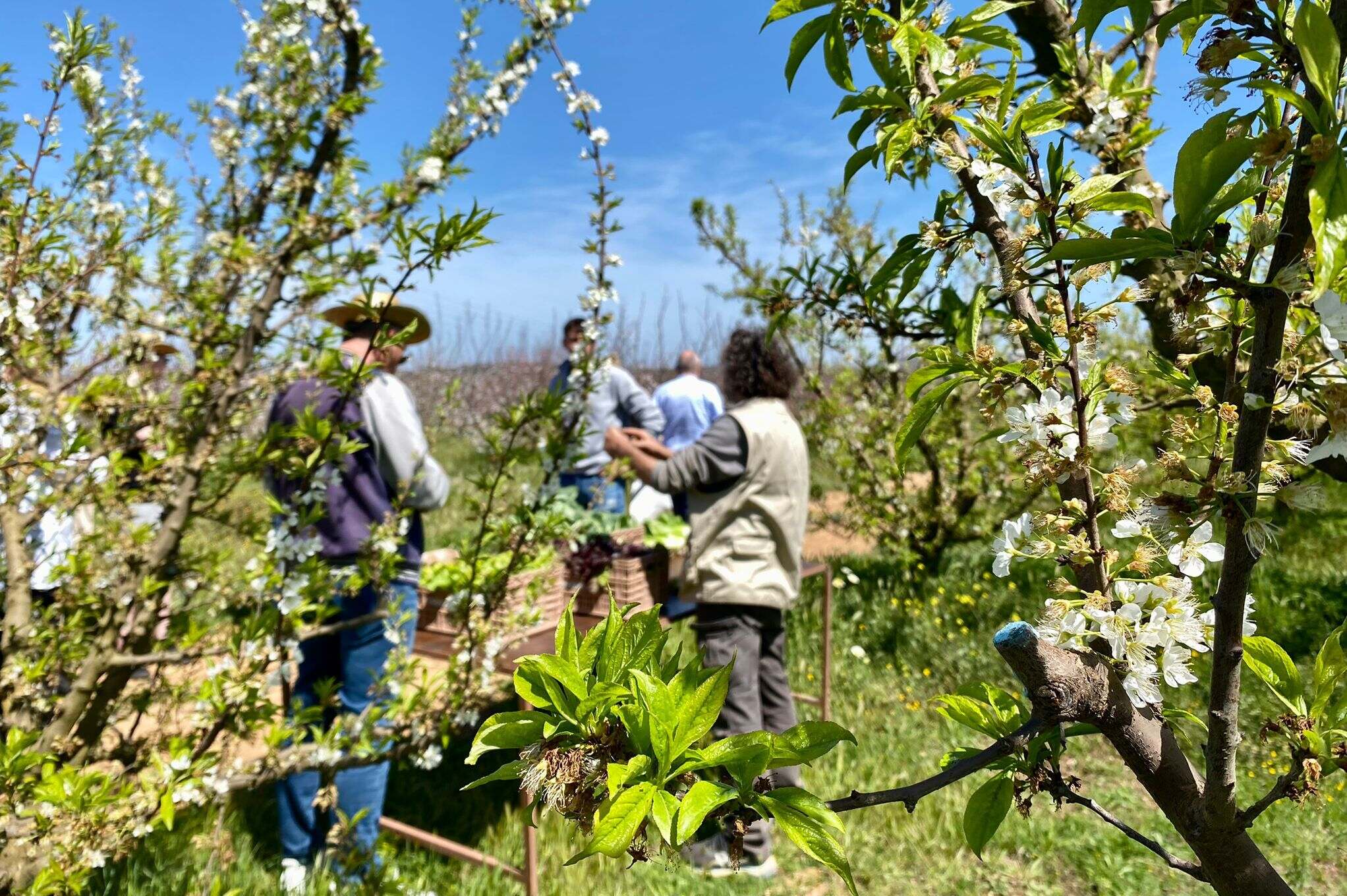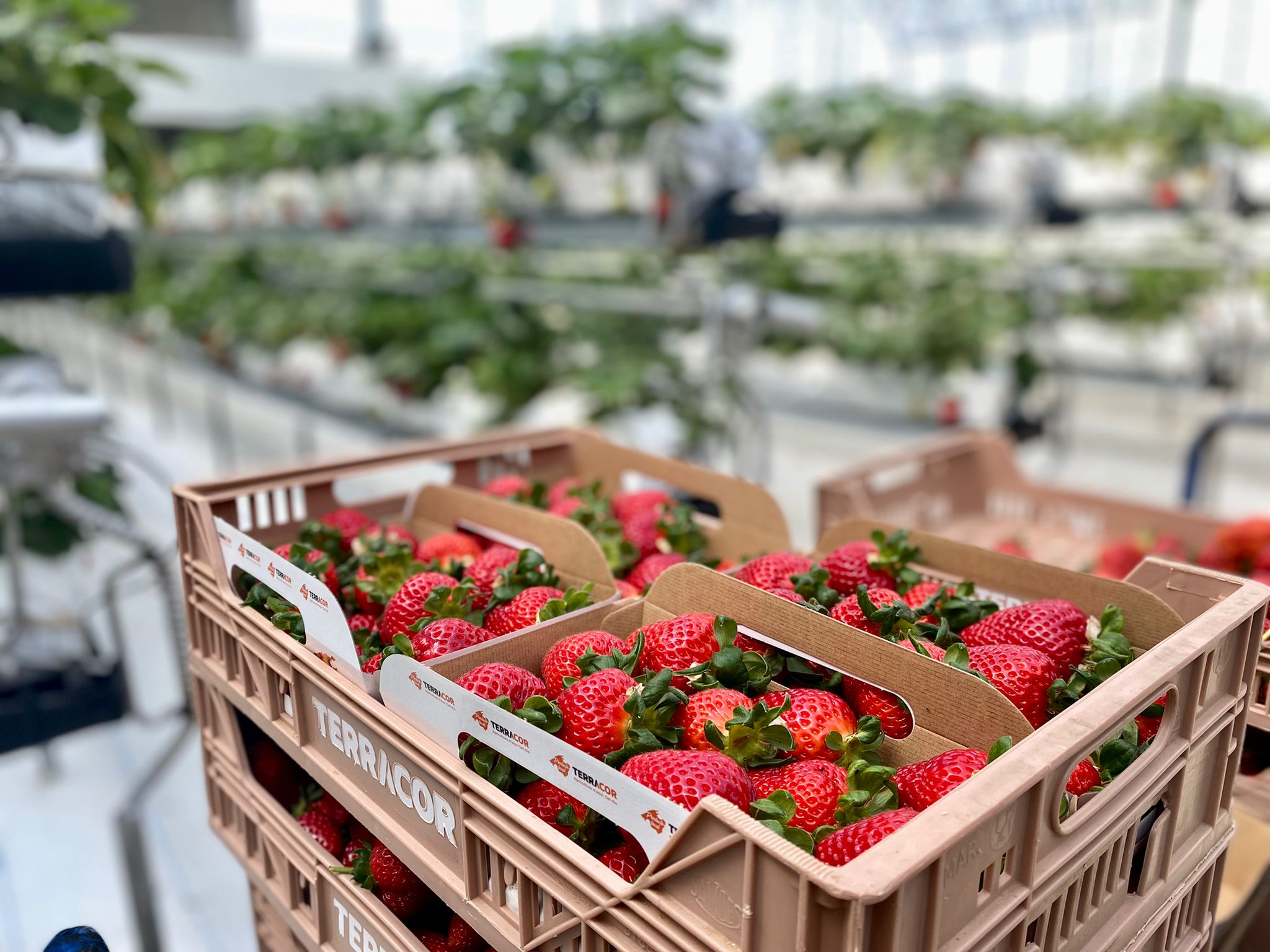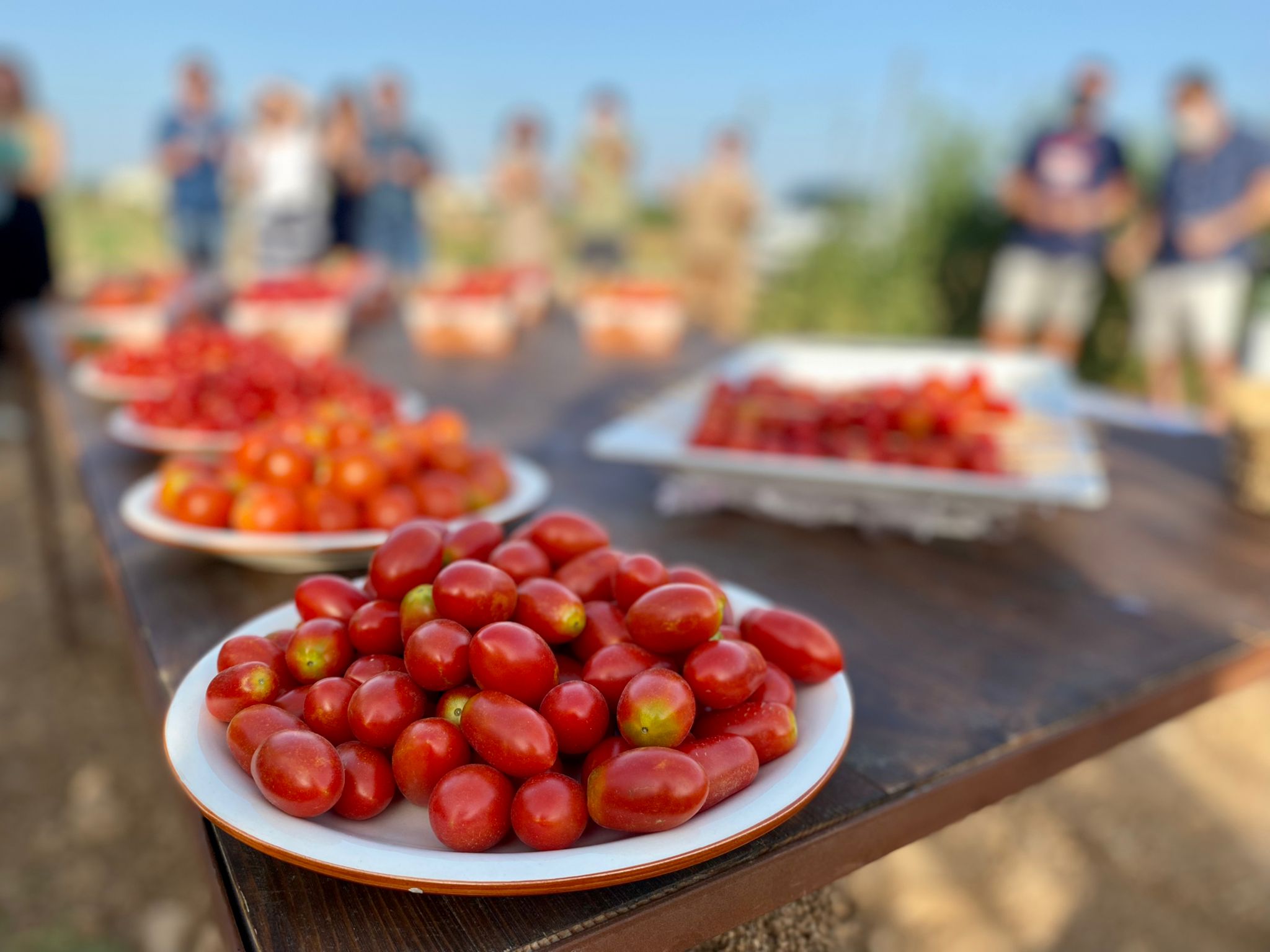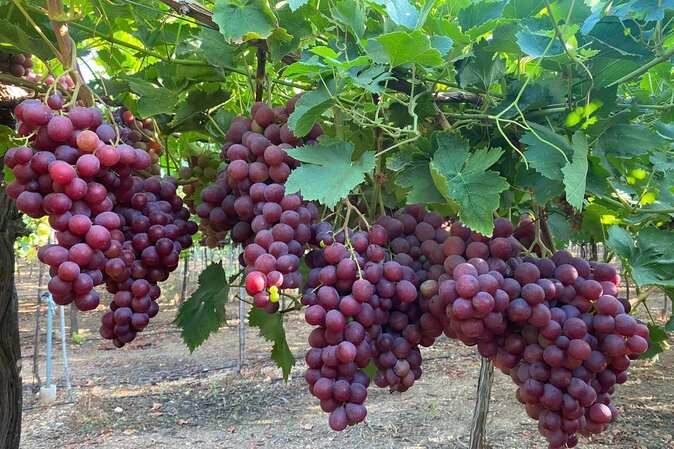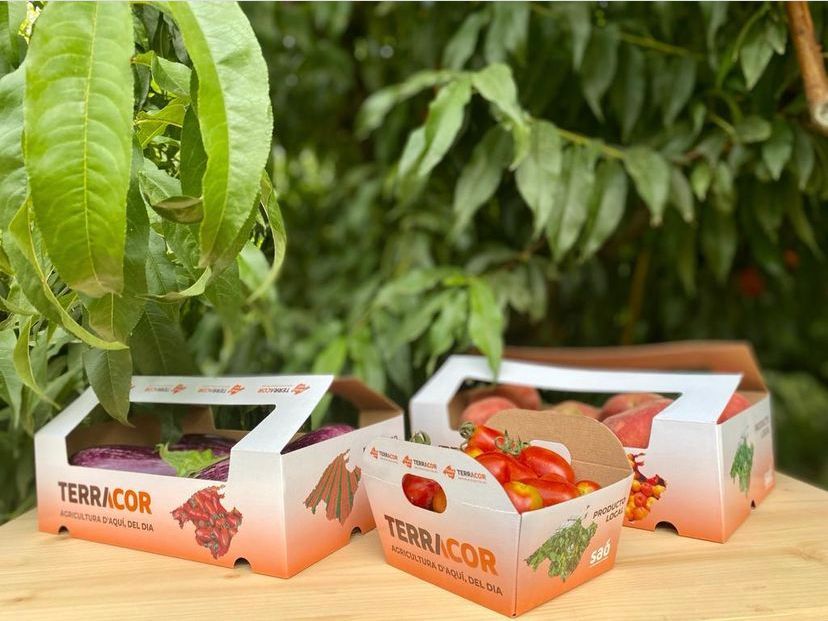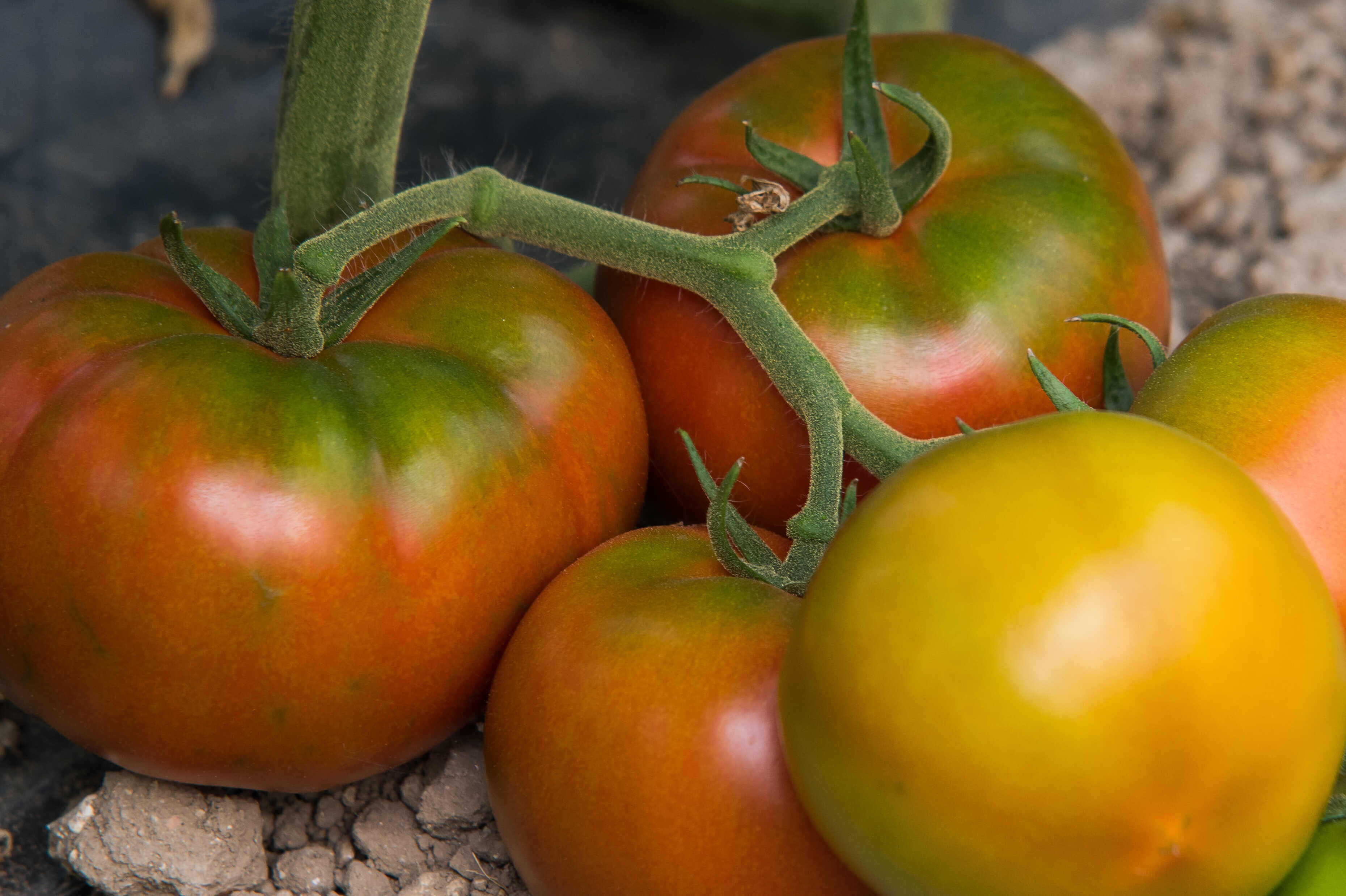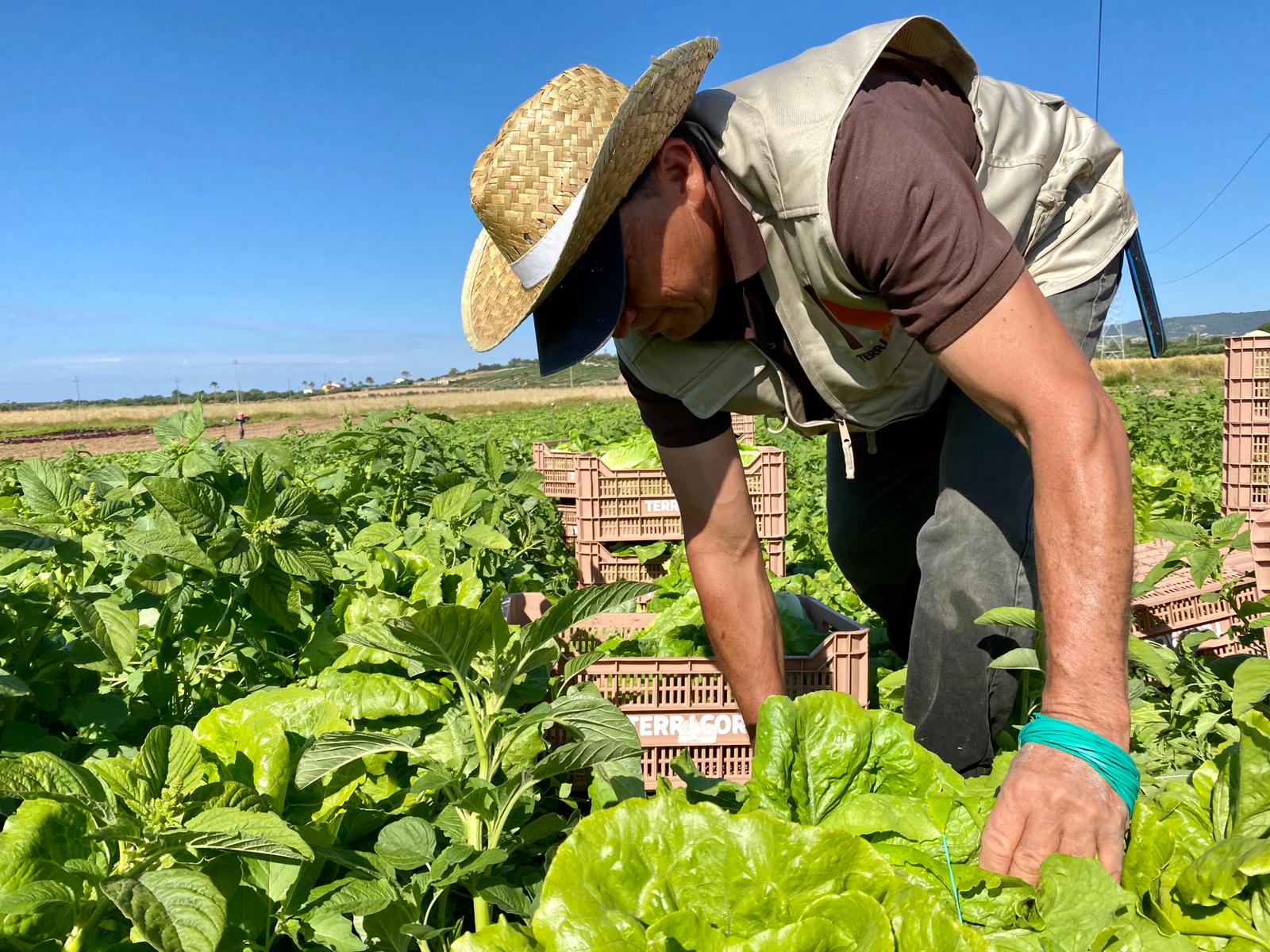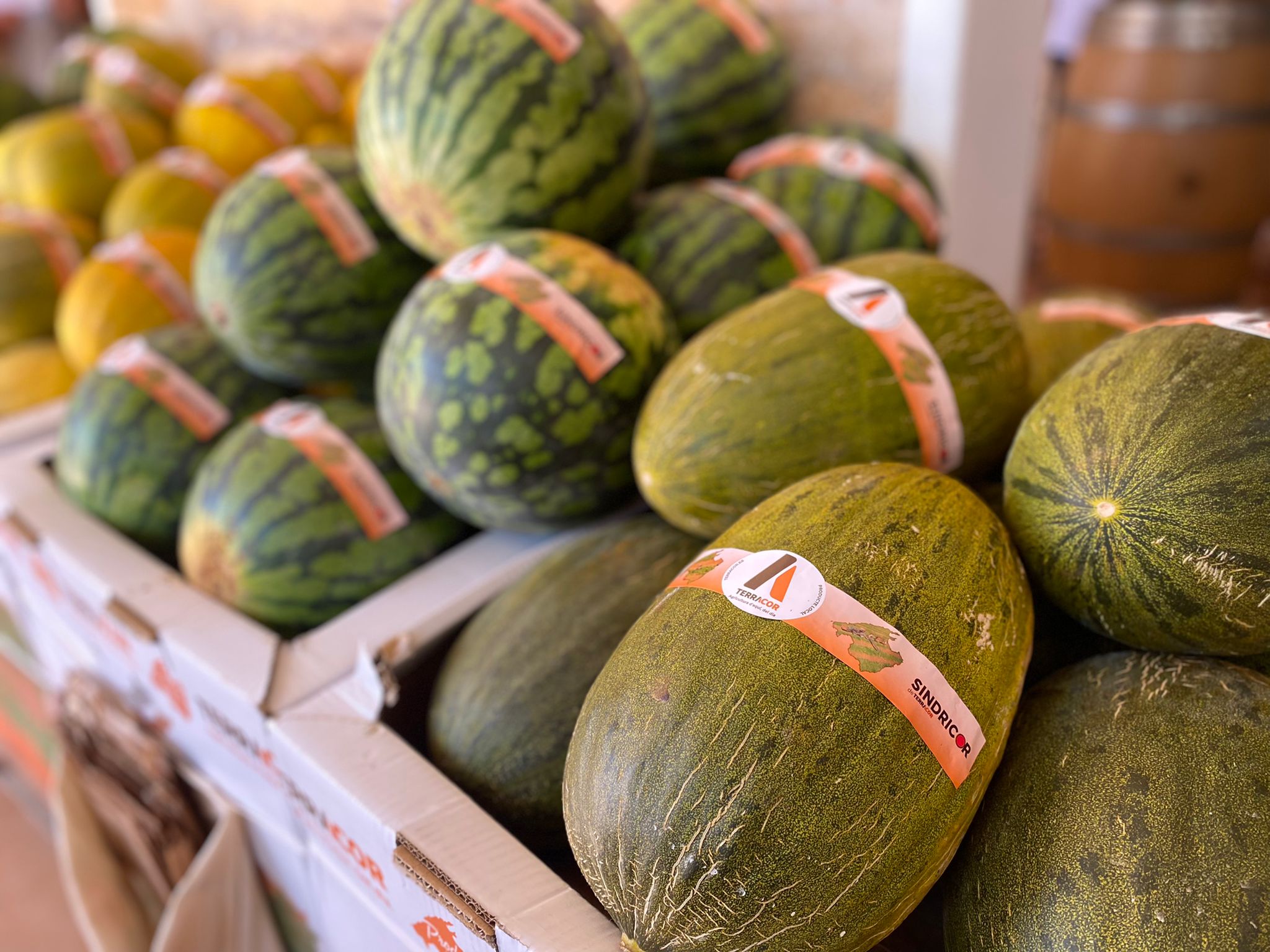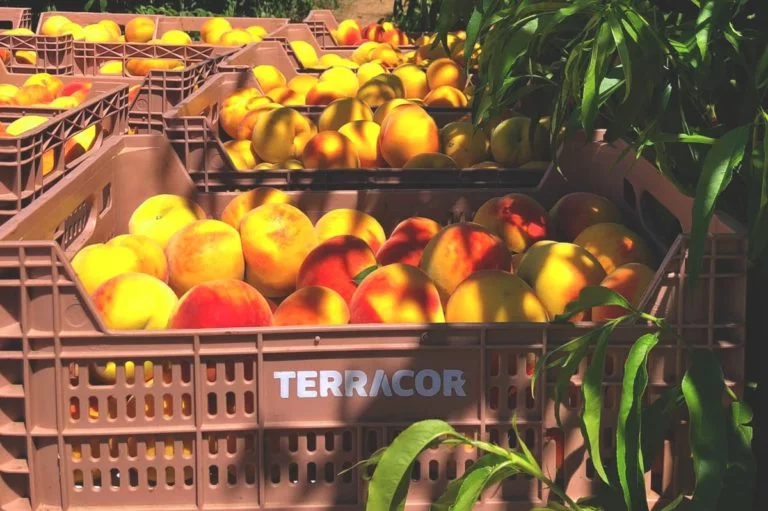Our purpose is very clear: we want to continue improving the quality of our products, so that eating them is a sensory experience, based on their taste and aroma. We always say that "a tomato should taste and smell like tomato".
In recent years we have implemented biological control in our farms in order to make cleaner products and have a lower impact on the environment, so that we blend in with the nature of our environment.
Every day we strive to make a cutting-edge agriculture according to the demand of the society of the XXI century using in all our fields the integration of the three techniques: Biological, Biotechnological and Integrated Production. In this way we manage to integrate agrosystems into the ecosystems that surround us and improve the environment.
In all the agro-sustainable fields of our farms, biological control predominates over chemical control. We have implemented biotechnological control in our farms obtaining cleaner products with a lower impact on the Environment, mimicking the nature of our land.
In the case of Tuta (pest that affects tomatoes) we have taken another step in innovation. That is why we have dedicated a plantation of 5 ha of traditional tomato of ramallet for the control of Tuta absoluta. The experience consists of the installation of sexual pheromones of Tuta females, in order to saturate the atmosphere at the first and last hour of the day and thus disorient the males and make this pest not procreate. For this purpose, pheromone diffusers have been installed in all fields on reeds 50 cm high. This pheromone does not interfere with the growth of the plant or affect the quality of the fruit since it is a specific biotechnological method for the control of the aforementioned pest.
At the same time, monitoring points have been installed in the field itself using black gummed chromatic plates to monitor the pest and to assess when it is necessary to intervene through biotechnological, specific chemical and biological methods. As a recurrent measure for the control of Tuta we will use Bacillus thuringiensis which is an insecticide of specific natural origin of lepidoptera (caterpillars). It is a specific product for caterpillars and widely used in Organic Farming.
Experience and evolved tradition
Our agricultural adventure began in 1974, therefore, we have been able to develop a strong structure and we know well the fruits, vegetables and vegetables of Mallorca.
Based on our experience, Terracor's challenge is to provide satisfactory answers to an increasingly demanding and knowledgeable consumer, producing foods that meet the particular nutritional and dietary needs of each consumer. Adapting to new modes of consumption together with the guarantee of quality and food safety through the improvement of control systems, is the axis on which Terracor's philosophy revolves.
In the twenty-first century we adapt to a system of improving services, which allows shopping in a faster and smarter way, with better discrimination of the local products chosen.
Technology and sustainability
We are committed to our land, that is why we apply cutting-edge technology to our crops and work in harmony with the environment, without violating the soil and using the integrated production system.
In this sense, we have reduced the amount of plastic we use in the field, replacing plastic padding with others made of biodegradable materials. Thanks to this we manage to save more than 270 km of plastics per year.
Food waste does not occur only in households, in families, but the entire production chain suffers, from the countryside, to restaurants, home kitchens and supermarkets themselves.
In the primary sector, we have food losses because the market demands aesthetic canons to be able to market these types of products without rejection. A part of the harvest that is perfectly edible, but to which we are forced not to take advantage.
In view of this situation, we decided to start collaborating with NGOs such as Hope For Mallorca. We must be aware of the wealth we have and take advantage of absolutely everything through responsible, local and sustainable consumption.
Assorted Gift BasketOn any occasion or celebration, give the gift of local products with our baskets!

